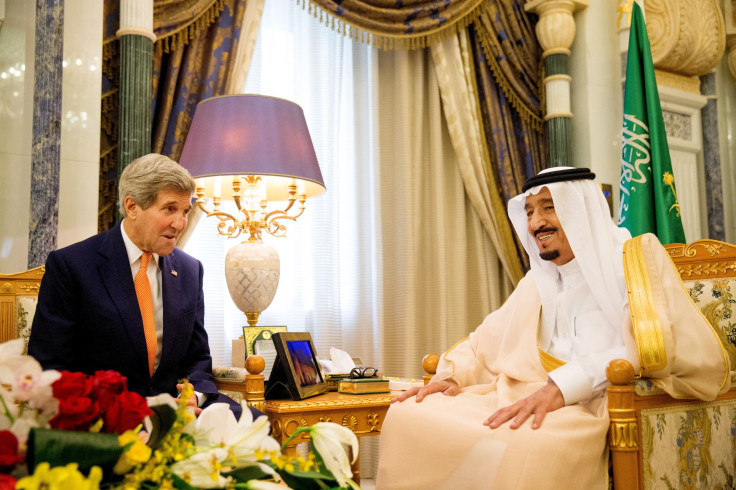Saudi King Says Allah Will Reward Citizens Who Report Government Corruption, But Royal Family Has Controversial Human Rights Record

Salman bin Abdulaziz Al Saud, who was named king of Saudi Arabia earlier this year, said Wednesday he is committed to wiping out corruption in his government. He urged whistleblowers to come forward with reports of abuse, saying Allah would reward them. And he said citizens who do not lodge complaints against the government are sinning against themselves, reported Arab News.
“In some countries, the kings and heads of state have immunity from prosecution. But here, any citizen can file lawsuits against the king, crown prince or other members of the royal family,” King Salman declared at Al-Salam Palace in Jeddah on Wednesday, June 3, as he met with anticorruption officials and activists. He said Allah wants citizens to point out mistakes made by any member of the government or community, including the king. Complaints can be made in person, on the telephone or in writing, he said.
Salman said the rights of citizens were “more important” than his own, and the Quran was the best defense against corruption. "Thank God, our country is secure and stable, and any citizen can come address us by our first names, without any honorific title, just as citizens used to address our father,” he said.
Human Rights Watch has blasted Saudi Arabia's record on government corruption. The rights group says the kingdom has forbidden public protests, uphold press laws, and arrested protesters. "Saudi Arabia struggles with a poorly defined and nontransparent justice system based on religion that metes out draconian sentences," the group has said.
Since the death of his father in January, the new king has vowed to overhaul Saudi Arabia's foreign and domestic policies. During his short time in power, he has gone to war in Yemen and increased support for rebels in Syria.
“People are seeing this as positive because they have been longing to have a decisive leader,” Awadh al-Badi, a scholar at the King Faisal Center for Research and Islamic Studies in Riyadh, told the New York Times. “Danger is coming toward the borders and there are threats around the region.”
© Copyright IBTimes 2024. All rights reserved.












